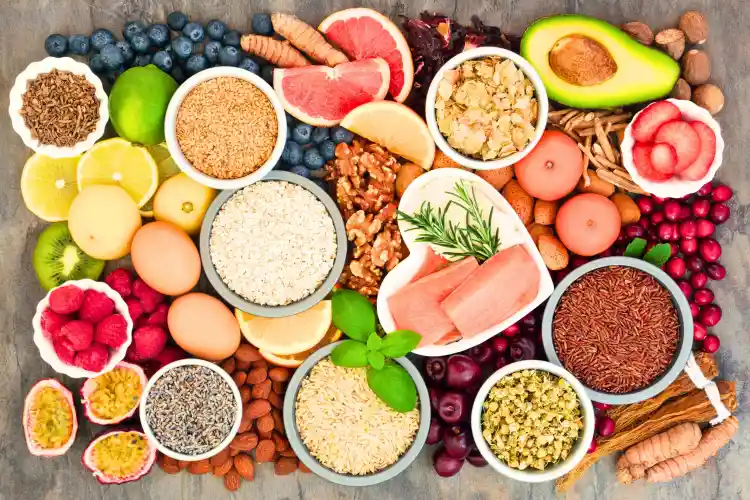



Foods that help reduce anxiety are more than just healthy options—they’re powerful tools to support your mental well-being. In today’s fast-paced world, anxiety affects millions, often showing up as stress, nervousness, or emotional unrest. While therapy and medication are helpful for many, your diet plays a crucial role in calming the mind. Let’s explore 10 science-backed foods that can naturally help reduce anxiety and restore emotional balance.
To boost your focus and mental clarity, don’t miss our complete guide on how to train your brain to concentrate.
Understanding anxiety starts with knowing its types:
The amygdala, prefrontal cortex, and hippocampus play key roles in managing fear, memory, and emotional control. When anxiety strikes, these regions become overstimulated, often due to chemical imbalances. That’s where nutrition steps in. Certain foods rich in magnesium, B-vitamins, probiotics, and omega-3s support neurotransmitters like GABA, dopamine, and serotonin, helping regulate mood.
Probiotic-rich foods like yogurt, kimchi, kefir, and sauerkraut enhance gut health and reduce inflammation. They stimulate the production of GABA, the brain’s calming chemical, helping ease anxiety.
Oats, quinoa, brown rice, and barley promote serotonin production, a feel-good hormone. They stabilize blood sugar levels, preventing anxiety-triggering crashes.
Salmon, mackerel, sardines, and trout contain omega-3s, especially EPA and DHA, which reduce inflammation and improve emotional balance.
Blueberries, strawberries, and blackberries are loaded with vitamin C and flavonoids that lower cortisol and protect the brain from oxidative stress.
In moderation, dark chocolate boosts endorphin and serotonin levels. Its flavonoids improve blood flow to the brain, providing calm and clarity.
⚠️ Tip: Consume in moderation to avoid excess sugar or caffeine.
Thanks to L-theanine, green tea promotes relaxation without drowsiness. It soothes the nervous system while improving focus and mental clarity.
Foods like spinach, kale, and collard greens are high in magnesium and folate—both essential for reducing anxiety and improving cognitive function.
Turmeric’s active compound curcumin has strong anti-inflammatory and antioxidant effects. It boosts serotonin and dopamine levels and reduces cortisol.
💡 Try turmeric with warm milk for a calming start to your day.
Rich in apigenin, a natural compound that binds to brain receptors, chamomile tea reduces anxiety and promotes better sleep and tranquility.
Instead of ultra-processed snacks, focus on whole, nourishing meals with high-quality nutrients to improve brain chemistry and promote emotional resilience.
Poor diet often worsens anxiety. By consistently incorporating these foods that help reduce anxiety, you’re not just managing symptoms—you’re creating a foundation for long-term emotional balance and brain health.